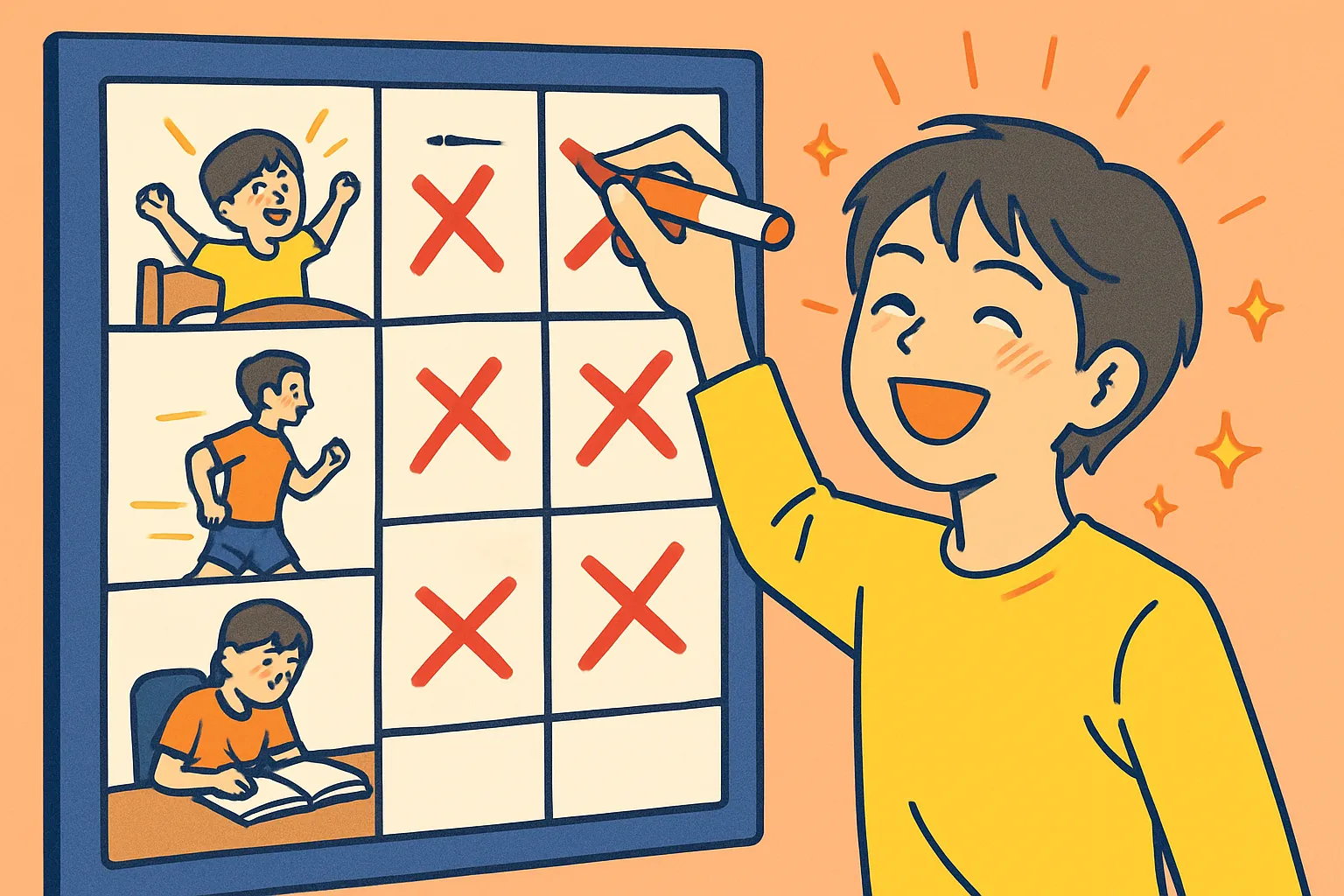Say “Always” Like a Korean Pro!
Introduction
Hello! This is Daily Hangul, here to upgrade your Korean skills! 👋
Today, we are going to learn how to talk about frequency, specifically how to say you are “always” doing something. This is super useful when talking about your hobbies, habits, or daily routine.
Why is this trending?
These days in Korea, the concept of living a “God-saeng” (갓생) is huge! It means living a diligent, productive life focused on self-improvement. Whether it’s a “Miracle Morning” or learning a new language, everyone is busy improving themselves. Let’s learn the perfect words to describe your passion for learning! 📚✨
Key Expressions
Here are 3 essential expressions to help you talk about your habits.
1. 항상 (Hangsang)
- Pronunciation [RR]: Hangsang
- English Meaning: Always
- Details: This is the most standard and common way to say “always.” You can use it in both formal and polite situations. It implies consistency over time.
- 💡 Pronunciation Tip:
- Pronounce it clearly as written: [Hangsang].
- Make sure the ‘ng’ (ㅇ) sound at the end of both syllables is soft, like the ‘ng’ in “sing.”
2. 맨날 (Maennal)
- Pronunciation [RR]: Maennal
- English Meaning: All the time / Every day / Always
- Details: This is a more casual, spoken version of “always.” It literally comes from “every day,” but we use it to mean “all the time” when talking to friends or close acquaintances.
- Example: “You play games all the time!” (너는 맨날 게임만 해!)
- 💡 Pronunciation Tip:
- Even though it is written as ‘Man-nal’, it is pronounced [Maennal].
- Why? The vowel ‘ㅐ(ae)’ is open. Also, when ‘ㄴ(n)’ meets another ‘ㄴ(n)’, hold the ‘n’ sound a bit longer. It flows smoothly!
3. 배워요 (Baewoyo)
- Pronunciation [RR]: Baewoyo
- English Meaning: I learn / I am learning
- Details: This comes from the verb 배우다 (baeuda). It is the polite present tense form. You can use this when talking about new skills you are acquiring.
- 💡 Pronunciation Tip:
- It is pronounced [Baewoyo].
- The ‘w’ sound in ‘wo’ (워) should be rounded. Connect ‘Bae’ and ‘wo’ smoothly.
Example Dialogue
Let’s see how these words are used in real life! Minji notices that Jason is studying very hard at a cafe.
Minji: 제이슨 씨, 오늘도 공부해요?
(Jason, are you studying today too?)Jason: 네! 저는 항상 한국어를 공부해요.
(Yes! I always study Korean.)Minji: 와, 정말 멋져요! 요즘 유행하는 ‘갓생’ 사네요!
(Wow, that’s so cool! You are living the trending ‘God-saeng’!)Jason: 맞아요. 저는 맨날 새로운 것을 배워요.
(That’s right. I learn new things all the time.)
Culture Tip & Trend Analysis: What is “God-saeng”?
You heard Minji mention “God-saeng” (갓생) in the dialogue. Let’s dig deeper! 🧐
- The Meaning: It is a combination of God (신) + Life (인생). It refers to a lifestyle where you are extremely productive and diligent, just like a god!
- How to use it: If you wake up early, exercise, and study Korean always (항상), Koreans will say, “You are living a God-saeng!”
- Social Media Trend: Many Korean Z-gens post their daily schedules on Instagram with the hashtag #갓생 (God-saeng) or #오운완 (O-un-wan), which means “Today’s Workout Complete.”
Using “항상” (Always) helps you emphasize how committed you are to this lifestyle. If you tell a Korean friend, “I always study,” they will definitely be impressed by your “God-saeng” spirit! 💪
Wrap-up & Practice
Today, we learned how to express frequency using 항상 (Hangsang) and 맨날 (Maennal) while talking about learning new things.
Let’s practice! Fill in the blank to complete the sentence:
Q. “I always exercise.”
→ 저는 ( ________ ) 운동해요.
- 가끔 (Gakkeum)
- 항상 (Hangsang)
Answer: __________ (Check the bottom!)
Leave a comment below using “항상” to tell us what you do every day! (e.g., “저는 항상 커피를 마셔요.” – I always drink coffee.)
See you in the next post! Annyeong! 👋
(Answer: 2. 항상)






